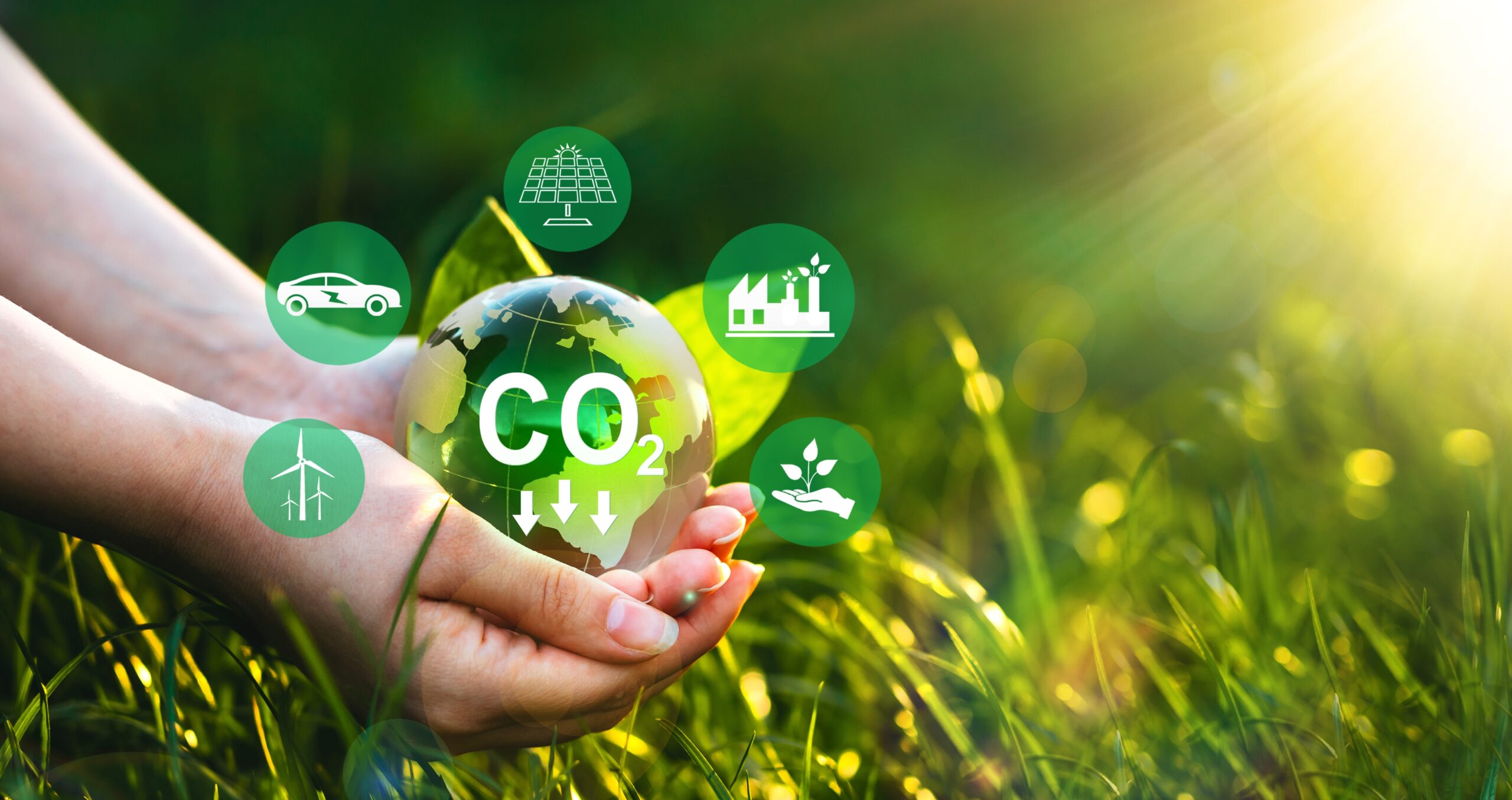Case Study
Strengthening environmental validation & verification schemes through accreditation
Summary
Accreditation provides assurance that conformity assessment services are provided competently, including validation and verification services such as greenhouse gas validation/verification and verification of the carbon footprint of products.
Sri Lanka Accreditation Board (SLAB) is a IAF Multilateral Recognition Arrangement (MLA) signatory for Greenhouse Gas Validation and Verification (ISO 14065). SLAB has expanded its scheme requirements to cover emerging validation/verification schemes such as verification of the carbon footprint of products, the Verra Verified Carbon Standard (VERRA VCS) and the Carbon Offsetting and Reduction Scheme for International Aviation (CORSIA) under the organisation/project level of greenhouse gas emissions and removals.
Currently SLAB has accredited three validation/verification bodies (VVBs) for ISO 14065 and two VVBs for ISO 14067 (organizational level verification ISO 14064-1).
Background
Sri Lanka Accreditation Board has established an accreditation scheme for Greenhouse Gas Validation/Verification (ISO 14065) considering the global and national requirement to strengthen the VVBs involved in environmental assessments. SLAB became an IAF MLA signatory for Greenhouse Gas Validation and Verification (ISO 14065) in 2018. SLAB is the first accreditation body in the South Asian region to obtain international recognition under the IAF MLA for ISO 14065.
Sustainable Future Group Pvt Ltd, Sri Lanka Climate Fund and National Cleaner Production Centre of Sri Lanka (Sri Lanka NCPC) are among the leading VVBs in the environmental sector operating in Sri Lanka and have been accredited by SLAB for the above. Accreditation has strengthened the validation and verification process operated by them, building trust among the customers.
With the current demand, SLAB has expanded its scheme requirements to cover emerging validation/verification schemes such as verification of the carbon footprint of products, VERRA VCS and CORSIA under the organisation/project level of greenhouse gas emissions and removals.
The scheme for the carbon footprint of products (ISO 14067) has expanded with the accreditation of Sustainable Future Group Pvt Ltd and Sri Lanka NCPC.
Strategy
The strategy of SLAB for strengthening applicable VVBs is as follows:
- Development of the accreditation scheme and capacity building activities for staff
- Stakeholder engagement activities and building awareness
- Engagement with clients and assessing competency
- Providing accreditation for competent conformity assessment bodies
- Obtaining international recognition through the IAF MLA
- Identification of expansion requirements, customer engagement and continual improvement of the validation/verification scheme
Results and impact
The value of accreditation in validation and verification services such as carbon crediting, the carbon footprint of a product, etc. is difficult to quantify directly. However, the assurance and confidence provided by accreditation to the aforesaid is immeasurable.
The impact and benefits from the accreditation of VVBs include:
- The end user: The end user of the validation/verification process benefits by the accurate verification/quantification results from the validator or verifier.
- The validator or verifier: The validator/verifier benefits through the recognition for the verification process and competitive advantage gained.
- The environment: The ultimate benefit of the process is the reduction of emissions, supporting environmental sustainability.
Contact
Ms. Chandrika Thilakarathne, Director (CEO), Sri Lanka Accreditation Board for Conformity assessment
E-mail: director@slab.lk, chandrikahdn@yahoo.com









